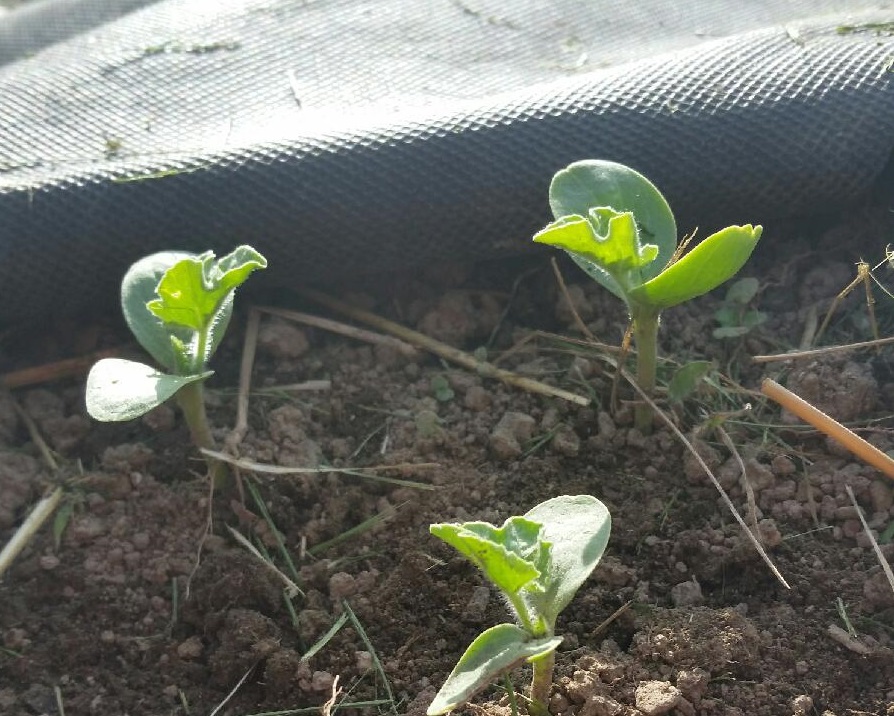GARDEN WORKS: It’s planting time! Helpful hints to get your garden growing
 by Emily Cates
by Emily Cates
Finally, after what seems like forever, the soil in the garden is ready to plant what we’ve all been waiting for: tasty tomatoes, sumptuous squashes, wonderful melons, among many more. After a tough winter and tardy spring, we’re going to make up for lost time. To get things growing, we have a few tricks up our sleeve. This time we’ll look at planting strategies and growth promoters.
This year’s planting season is definitely behind schedule by a couple weeks or so. But don’t despair, it should all catch up just fine with the right care. Early plantings, unless covered somehow with a hoop house or cold frame, won’t grow much faster than if they were planted when the soil warms up. So no worries for slacking this time.
However, I would certainly recommend planting long season, commonly direct-seeded veggies like corn, squash, beans, melons, pumpkins, and gourds right away. We definitely want them to have enough time to mature before our first frost in the fall. Tomato, pepper, eggplant, and others that are planted as seedlings will also appreciate being set out ASAP.
Cool-weather crops that are direct-seeded like peas and spinach have probably missed the boat as far as spring sowing goes, but will be happy to get a second chance to be planted in about a month for a fall harvest. Lettuce and salad greens like to chill in the shady part of the garden when summertime sizzles.
Black plastic mulch speeds up the growth of heat-loving plants and keeps weeds at bay. Also, floating row covers provide an added layer of warmth and protect plants from pests, providing the cover is removed when needed during pollination.
Most important is a nice, rich, healthy soil with adequate nutrients for the plants to grow fast enough to catch up. Liquid fish and seaweed fertilizers can be applied as directed. Compost and aged manure are great mixed into the garden or top-dressed as needed. I’ve read a ratio of 1:10 organic matter to soil, but heck, that seems minimal to me and I just load it on with fine results. Squash especially grows like crazy when planted in a manure pile, and that’s just what I want. Now if the weeds weren’t as enthused.
Responsible journalism is hard work!
It is also expensive!
If you enjoy reading The Town Line and the good news we bring you each week, would you consider a donation to help us continue the work we’re doing?
The Town Line is a 501(c)(3) nonprofit private foundation, and all donations are tax deductible under the Internal Revenue Service code.
To help, please visit our online donation page or mail a check payable to The Town Line, PO Box 89, South China, ME 04358. Your contribution is appreciated!



Leave a Reply
Want to join the discussion?Feel free to contribute!